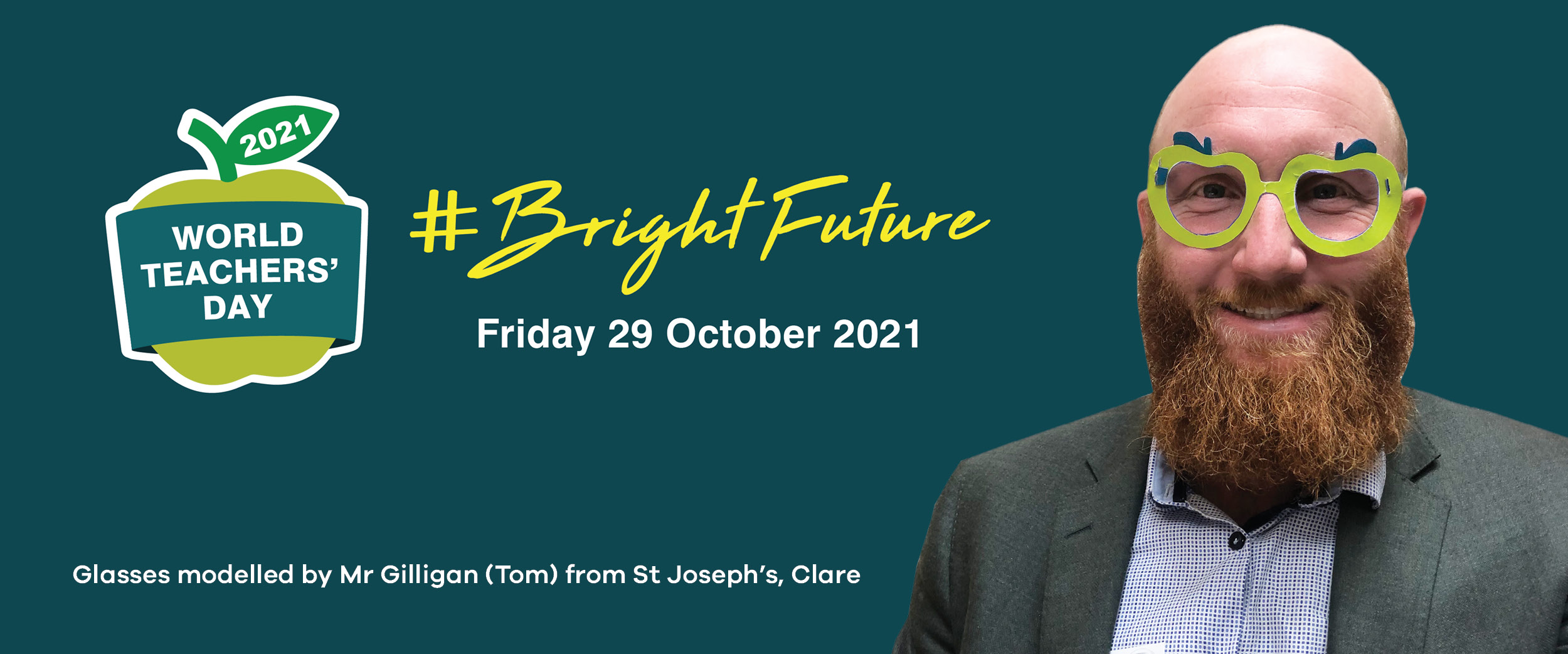A recent High Court decision has raised the question, “should we turn off our Facebook comments?” You can read more below about what happened in the case and why you don’t need to turn off your comments.
What happened in the case?
Former Don Dale Youth Detention Centre inmate Dylan Voller started a defamation action against three media organisations (Fairfax Media, Nationwide News Ltd and Australian News Channels) regarding comments made on three Facebook posts by the publications. The news articles themselves were not defamatory, but Voller alleged some of those comments were, so he sued.
What was the decision?
The case went to the Supreme Court of NSW before the High Court was asked to decide if the media publications could be responsible for third-party comments on their Facebook page. The High Court understood posts are made to encourage engagement in the form of comments, but these posts should not cause an attack on a vulnerable individual.
What is the implication of this decision?
The message from the High Court was that if you want to have a presence on social media, you’re also responsible for moderating the comments. It is recommended to closely monitor all comments on Facebook Pages, and comments and posts in Facebook Groups associated with your school such as old scholars page, year level pages, sports team pages etc. Therefore, any page and group administrators should be made aware of this ruling.
So, should we turn off our Facebook comments?
The short answer is no.
In the case that appeared before the High Court, the Facebook posts in question (by the nature of their content) would be expected to elicit unpleasant comments about the subject of the posts, including comments that are factually incorrect and damaging to their reputation.
While several MPs and councils have chosen to disable comments to avoid legal risk, we believe that schools are operating in a vastly different context. Councils and MPs often deal with communities who are divided on issues and people lobbying for a particular viewpoint. These kinds of controversial posts are unlikely to appear on school Facebook pages and therefore are alot less likely to incite controversial or defamatory comments.
Further to this, since this action started in court, the defamation laws in South Australia have changed. The law reforms now require a “concerns notice” to be sent, allowing an opportunity to respond and two weeks for action. Therefore, if there was an issue with a comment, there is a two-week period to remove the comment once it has been highlighted to the admin of the page. And, under this reform, the person must prove they have suffered (or are likely to suffer) serious harm to their reputation due to the comments. This is also unlikely to occur on our posts as we highlight good news stories through our social media.
Wouldn’t it still be safer to avoid the risk and turn comments off?
The Facebook algorithm supports engagement, and therefore, posts with more comments are likely to reach more people. The benefit of having commenting available on our pages outweighs the burden of monitoring the comments.
This does mean that you do have a duty of care and a responsibility to moderate your comments. It could be timely to review your processes and check that you are monitoring comments on your page appropriately and that you do have the ability to remove any inappropriate comments in a timely manner.
Some organisations and high-profile individuals have started using comments like the ABC Adelaide example below and closing off comments when moderation isn’t available, or when commenting on posts is getting out of hand. It is unlikely schools would be required to do this because our pages have fewer followers, however it is an option if a post or comments are proving problematic. You can close comments by selecting the three dots at the top right of the post > Who can comment on this post > Profile and pages you mention. People will no longer see the ‘comment’ option under your post, except for any people or pages tagged in the original post.

You can read more about the High Court's decision here:
Facebook defamation high court ruling exposes more than media
Facebook pages are falling quiet as defamation fears take hold
If you have any further questions, please contact Courtney Garfoot on courtney.garfoot@cesa.catholic.edu.au.














Social